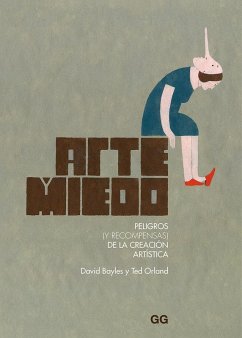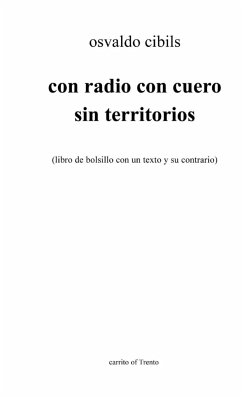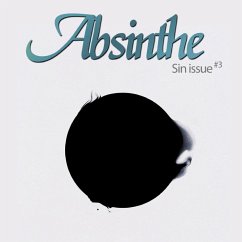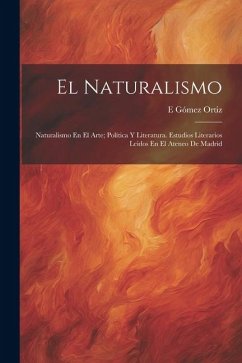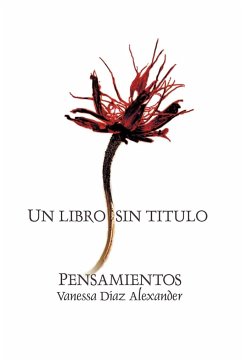
Sin Miedo a Las Ruinas
Anarquismo, Vanguardias Artísticas Y La Crisis de Representación En España (1930-1937)
Versandkostenfrei!
Versandfertig in über 4 Wochen
62,99 €
inkl. MwSt.

PAYBACK Punkte
31 °P sammeln!
"When talking about 'artistic avant-garde', or 'historical avant-garde', whose emergence we commonly place in the first third of the 20th century, it is not strange to use the qualifying adjective 'anarchic'. This adjective, often ambiguous, alludes to a certain disruptive atmosphere associated with the period, which in the Spanish case refers to a historical reality: the coexistence, during the Second Spanish Republic (1931-1939), of highly politicized aesthetic isms with an important anarchist movement. Now, where do the avant-garde of galleries, pavilions, and magazines converge or distance...
"When talking about 'artistic avant-garde', or 'historical avant-garde', whose emergence we commonly place in the first third of the 20th century, it is not strange to use the qualifying adjective 'anarchic'. This adjective, often ambiguous, alludes to a certain disruptive atmosphere associated with the period, which in the Spanish case refers to a historical reality: the coexistence, during the Second Spanish Republic (1931-1939), of highly politicized aesthetic isms with an important anarchist movement. Now, where do the avant-garde of galleries, pavilions, and magazines converge or distance themselves from the revolutionary actions of the CNT? To what extent do the practices of libertarian obrerismo correspond with the experimental theater of Garcâia Lorca, the cinema of Luis Buînuel, or Alberto Sâanchez's sculpture? And with the feminist literature of Lucâia Sâanchez Saornil, the proletarian engraving of Helios Gâomez, or the anticolonial painting of Wifredo Lam? Sin miedo a las ruinas proposes that the answer to these questions is to be found in the common questioning, by avant-garde and anarchists, not only of the dominant system of representation, but of the very concept of 'representation' and its alleged transparency. This book explores the limits of what can be represented, about the struggles and associated 'ruins' of representation, and of course, about its reconstructions; a book about the liberating potential that emerges between institutions and their worn-out ways of representing, whether political or artistic; a book, in short, about that libertarian drive, 'without fear of ruins,' that destroys and reorders the real under new collective principles, and that featured avant-garde art and Iberian anarchism at a critical moment in its history. Both isms, beyond their caricature as 'nihilistic', 'chaotic', 'utopian' or 'naive' phenomena, tested liberating proposals that we believe deserve to be revised. To this end, we propose this essay-collage of avant-garde 'texts,' genres, and authors that invite the reader to rethink the relationship between art and politics in republican Spain. And wherever representation is in crisis"



